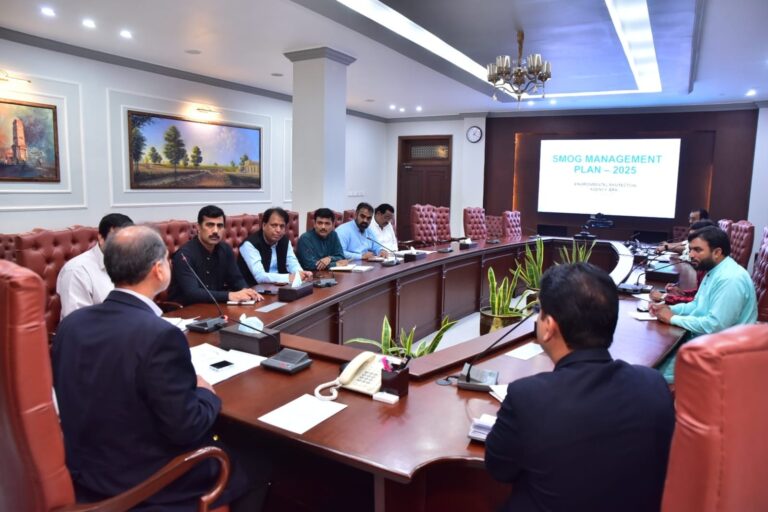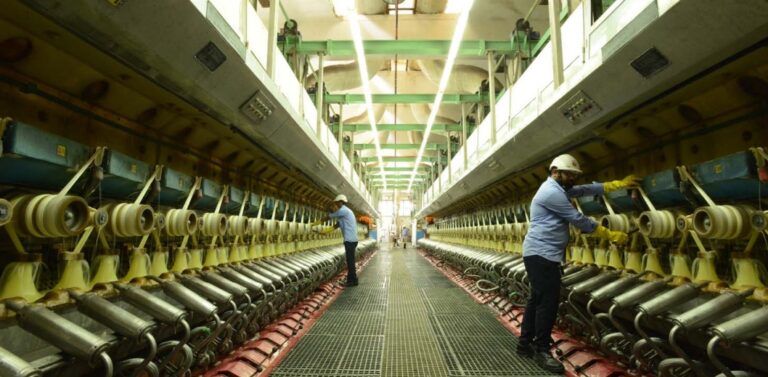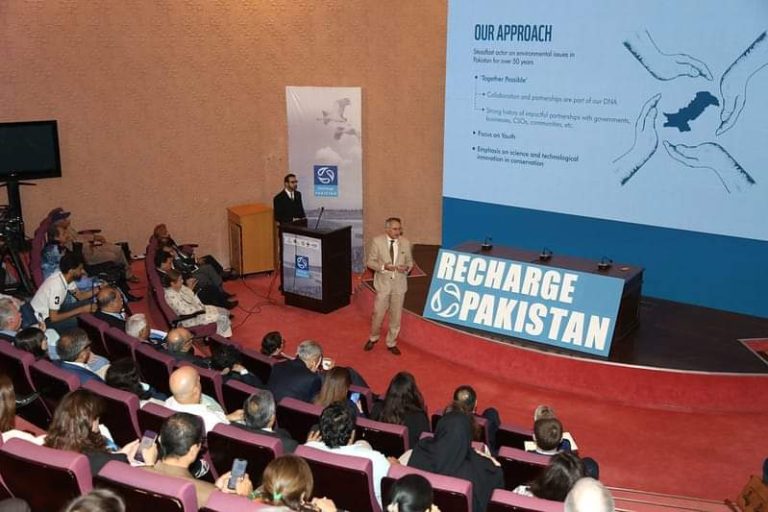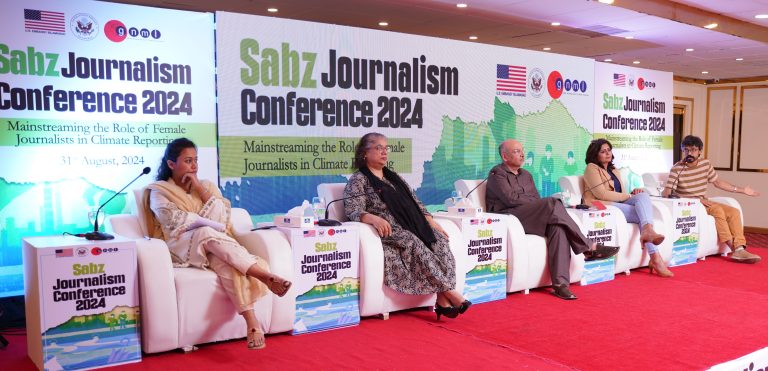UAF Consults Experts to Draft Policy on GM and Non-GM Corn Amid Climate Challenges
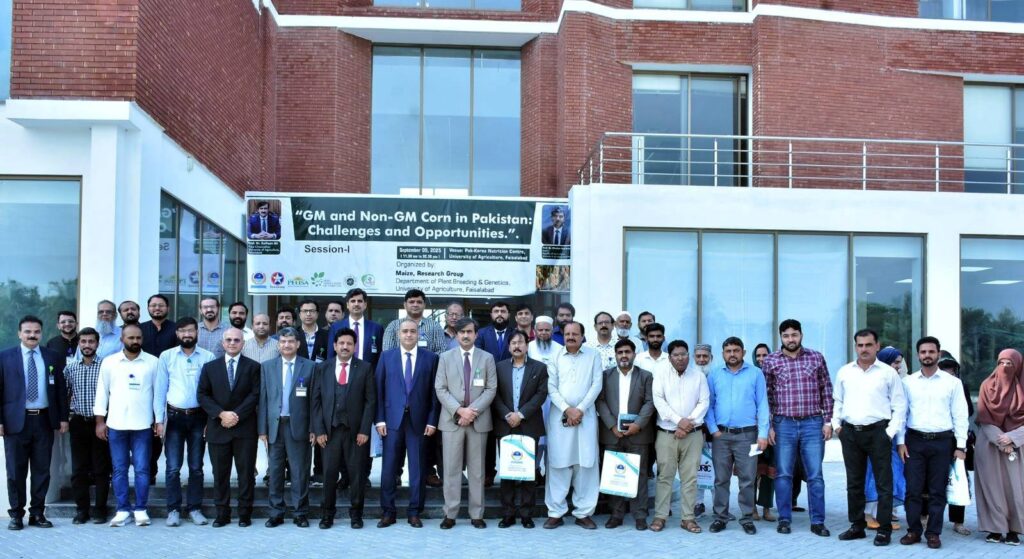
FAISALABAD: The University of Agriculture Faisalabad (UAF) has initiated efforts to draft comprehensive policy recommendations on genetically modified (GM) and non-GM corn in Pakistan, aiming to address challenges and opportunities in the context of climate change and food security.
A consultative meeting organized by the Department of Plant Breeding and Genetics (PBG) was chaired by UAF Vice Chancellor Prof. Dr. Zulfiqar Ali. Chairperson of the National Seed Development and Regulatory Authority Dr. Asif Ali, Dean of Agriculture Prof. Dr. Ghulam Murtaza, Chairman PBG Prof. Dr. Azeem Iqbal, Chair of Agriculture Policy Prof. Dr. Asif Kamran, Dr. Muhammad Aslam, Dr. Khalid Aziz from Rafhan Maize, Ch. Asif Ali, and other experts participated.
Prof. Dr. Zulfiqar Ali highlighted that maize is the third most important cereal crop in Pakistan after wheat and rice. He stressed the need for adopting advanced technologies to boost productivity and withstand climate variability. He said that during the financial year 2025, maize cultivation is projected at 1.44 million hectares, with production expected at 8.24 million tonnes—down from 9.74 million tonnes the previous year due to reduced sowing.
Dr. Asif Ali commended the UAF initiative, emphasizing the urgency of climate-resilient agricultural technologies to safeguard national food security. Prof. Dr. Ghulam Murtaza pointed out that maize production is highly sensitive to rising input costs, shifting market incentives, and changing weather patterns, requiring targeted interventions for sustainability.
Prof. Dr. Azeem Iqbal underscored the importance of collaborative efforts to address food security challenges by enhancing per-acre yields, which would directly uplift farmers’ incomes. Similarly, Dr. Asif Kamran noted that stakeholder consultations were vital to shape effective policies that respond to both productivity needs and climate risks.
Experts agreed that climate change is already affecting rainfall patterns, pest resistance, and soil health, posing significant risks to maize production. The proposed policies, they said, should not only address yield enhancement but also prioritize resilience against extreme weather, sustainable seed development, and water efficiency.
As Pakistan’s textile hub, Faisalabad stands to benefit significantly from robust maize policies. Maize serves as a critical raw material for livestock and poultry feed, which in turn supports the textile and leather industries through cotton, wool, and allied products. Stronger maize productivity and resilience would therefore not only strengthen food security but also bolster the city’s agro-based industrial supply chains, adding economic value and creating broader opportunities for exports.


